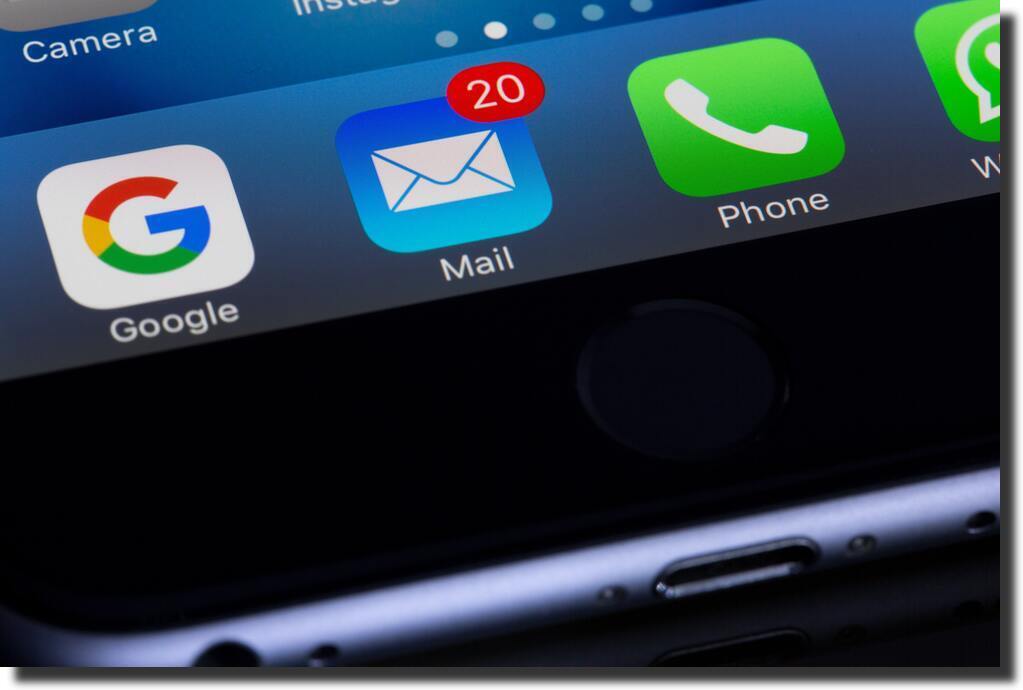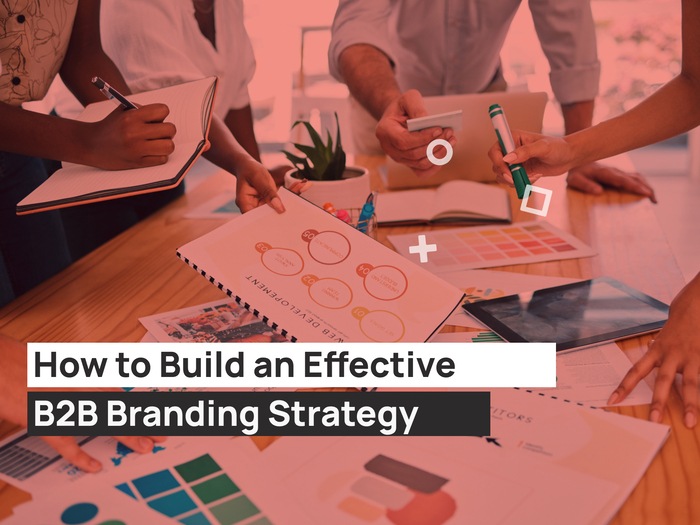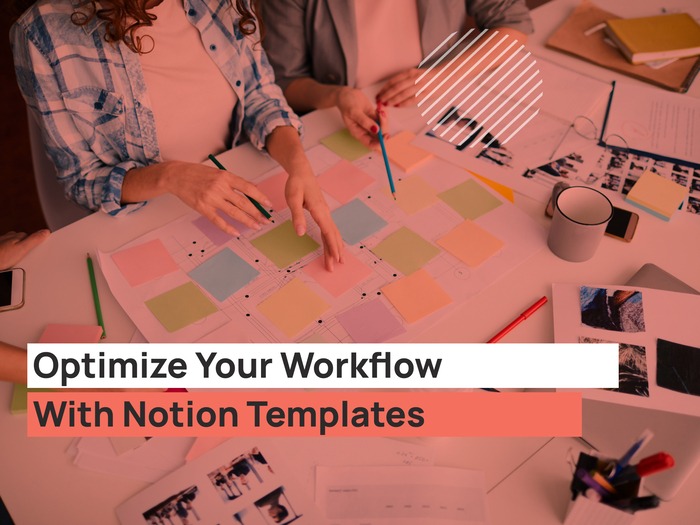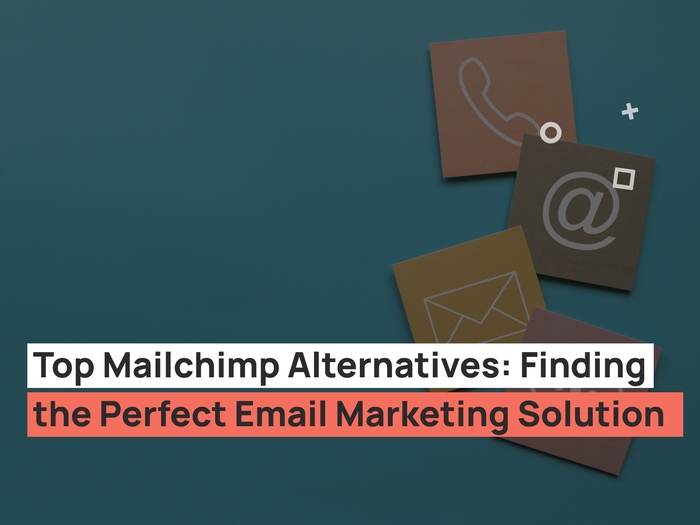Event marketing is an effective way for businesses to engage with their target audience, generate brand awareness, and ultimately drive revenue. In this article, we’ll cover everything you need to know about event marketing, from its benefits and types of events to planning and executing a successful campaign, measuring its success, and best practices.
What Is Event Marketing?
Event marketing is the process of promoting a brand, product, or service through the organization and execution of events or experiences.
The goal of event marketing is to create a meaningful and memorable experience for attendees, while also achieving the marketing objectives of the organization such as increasing brand awareness, generating leads, and driving sales. Effective event marketing involves careful planning, strategic execution, and ongoing measurement and analysis to ensure success.
Different Types Of Event Marketing
Trade shows and exhibitions:
These events bring together professionals and businesses in a particular industry to showcase their products and services to potential customers. They provide an opportunity for businesses to network and gain exposure, as well as to generate leads and sales.
Conferences and seminars:
These events focus on sharing knowledge and information on a specific topic or industry. They are usually attended by professionals, experts, and thought leaders who come together to learn and discuss the latest trends and best practices in their field.

Sponsorship of events:
Businesses can sponsor events such as charity fundraisers, sporting events, or festivals to gain exposure and goodwill. Sponsorship can help businesses to align themselves with a particular cause or community, and to reach a wider audience through brand awareness.
Product launches:
These events are designed to generate excitement and publicity around the launch of a new product or service. They often involve media coverage and press releases to build anticipation and buzz leading up to the launch.
Experiential marketing activations:
This type of event marketing focuses on creating a memorable and immersive experience for customers. It can involve interactive installations, pop-up shops, or other creative activations that engage customers and leave a lasting impression.
Influencer events:
These events involve partnering with social media influencers to promote a brand or product. Influencers have a large following on social media, and their endorsement can help to increase brand awareness and drive sales.
Webinars and online events:
These events take place virtually and are designed to reach a wider audience regardless of location. They can be used to share information, promote a product or service, or educate customers. Webinars can be recorded and shared later, making them a useful tool for ongoing marketing efforts.
Planning an Event Marketing Campaign
1. Define Smart Goals
In event marketing, setting goals is crucial to ensure the success of the event. However, it is not enough to simply have goals in mind; they must be SMART goals. SMART stands for Specific, Measurable, Achievable, Relevant, and Time-bound.
For example, your goal might be to increase attendance by 20% or to generate 50 new leads. SMART goals will help you measure the success of your event and make data-driven decisions for future events.
- Specific goals are clear and well-defined, making it easy to understand what needs to be accomplished.
- Measurable goals are quantifiable, allowing progress to be tracked and evaluated.
- Achievable goals are realistic and attainable, ensuring that they are not too challenging or impossible to achieve.
- Relevant goals align with the overall objectives of the event and support its success. Time-bound goals are set with a specific timeline, providing a sense of urgency and helping to keep the event planning on track.

By setting SMART goals, you can focus their efforts on what matters most and work towards achieving tangible results.
2. Develop An Engaging Message For The Event
A well-crafted message can attract the target audience’s attention and encourage them to attend the event. To create an engaging message, event planners should consider the event’s key selling points, such as the benefits of attending, unique features, or prominent guest speakers.
The message should be clear, concise, and targeted to the intended audience. Additionally, the use of captivating visuals, such as images or videos, can help to reinforce the message and generate interest. By developing an appealing event message, event planners can increase the likelihood of capturing the audience’s attention and achieving their marketing goals.
3. Details Matters
Start by defining the event’s name, theme, brand, and purpose – this information will guide your marketing efforts and ensure that you’re effectively communicating the value proposition to potential attendees. Consider the benefits attendees will receive from attending your event and why they should choose your event over other options.
Once you have established these core elements, you can move on to planning the logistics of the event. Determine the date, time, and location of the event, as these details will be essential for potential attendees. Make sure to research and outline the schedule of the event, including keynote speakers, workshop sessions, networking opportunities, and entertainment portions. While you don’t need to have everything fully locked in before starting your event promotion, having a general idea of what attendees can expect will help you effectively market the event and increase attendance.
4. Determine Your Intended Audience
Identifying the intended audience is a crucial aspect of event marketing planning. By determining who the target audience is, event planners can tailor the event to meet their needs and interests. This, in turn, can help to increase attendance, engagement, and satisfaction levels.
Understanding the audience’s demographic, interests, and behavior patterns can also help event planners to make informed decisions about marketing channels and messaging, ensuring that their efforts are reaching the right people in the most effective way possible. Ultimately, identifying the intended audience is a key factor in the success of any marketing strategy.
5. Select Appropriate Marketing Channels
With so many marketing channels available, it’s important to select the ones that will reach the intended audience most effectively. Event planners should consider the target audience’s preferences and behavior patterns to determine which channels will be most impactful.
For instance, if the event is a music festival aimed at a younger demographic, social media channels like TikTok and Instagram might be an effective way to reach potential attendees. Additionally, influencer marketing could be utilized by partnering with popular music bloggers or social media influencers to promote the event.

6. Incorporate Captivating Content
Captivating content can capture the target audience’s attention and generate interest in the event. Event planners should consider incorporating a range of content types, such as videos, infographics, and blog posts, to showcase the event’s key selling points and benefits.
Additionally, content should be tailored to the intended audience’s interests and preferences, using language and imagery that resonates with them. Interactive content, such as quizzes or contests, can also be effective in generating engagement and buzz around the event. By incorporating captivating content into their event marketing plan, event planners can increase the likelihood of attracting and retaining the audience’s attention, leading to increased attendance and engagement.
7. Create An Engaging Website
The website should serve as a central hub for all event-related information, such as date, time, location, and registration details. Event planners should also consider incorporating compelling content, such as videos and images, to showcase the event’s highlights and generate interest. Additionally, the website should be user-friendly and easy to navigate, with a clear and concise message that resonates with the intended audience.
It’s recommended to enlist the help of a professional web design company to ensure the website is visually appealing, optimized for search engines, and incorporates best practices for user experience. Website templates can also be a good alternative for event planners on a tighter budget or with less complex needs.
8. Consider Promote Your Event
Event planners should consider various methods to market and advertise the event, such as social media, email marketing, influencer marketing, and traditional advertising channels.
Email marketing can be useful for targeting past attendees and industry contacts, while influencer marketing can help to reach a new audience by partnering with social media influencers or bloggers. Traditional advertising methods, such as billboards or print ads, can be effective for reaching a local audience.

It’s important to create a cohesive promotional message across all channels, emphasizing the event’s unique value propositions and key selling points. By promoting the event effectively, you can increase awareness and generate interest, leading to higher turnout and greater engagement.
9. Don’t Forget Measure Your Event Success
Event planners should identify specific metrics and key performance indicators (KPIs) to track and evaluate the event’s success.
Examples of KPIs may include ticket sales, attendance rates, social media engagement, and feedback from attendees. By monitoring these metrics, event planners can determine if the event met its objectives, identify areas for improvement, and inform future event marketing strategies.
Additionally, it’s essential to conduct a post-event analysis to gather feedback from attendees and stakeholders to identify strengths and weaknesses and inform future planning. By measuring the success of the event, event planners can optimize their event marketing plan and improve their future events.
10. Be Prepared to Make Necessary Changes
Being flexible and adaptable is key to maximizing the success of the event. For instance, if a particular marketing channel or message is not resonating with your target audience, you may need to adjust your strategy and explore other options. Additionally, if the metrics you’re tracking suggest that you’re not on track to meet your goals, you may need to re-evaluate your approach and consider new tactics.
Benefits of Event Marketing
| Increased brand awareness | Events offer a unique opportunity for businesses to showcase their products, services, or brand in a memorable and engaging way, generating buzz and increasing brand awareness. |
| Lead generation | Events provide a platform for businesses to interact with their target audience, collect contact information, and generate leads. |
| Relationship building | Events offer a chance to build and strengthen relationships with potential customers, partners, and industry influencers. |
| Product launch | Events can be a great way to launch a new product, allowing businesses to create excitement and generate interest. |
| Increased revenue | Event marketing can lead to increased revenue through increased sales, brand loyalty, and customer advocacy. |
Conclusion:
Event marketing is a powerful tool that can help businesses of all sizes generate leads, build brand awareness, and foster meaningful relationships with their customers. A well-organized event marketing plan can help you stand out in a crowded market and create a memorable experience that resonates with your target audience. By leveraging the right channels, developing engaging content, and measuring your success, you can maximize the impact of your event and achieve your marketing goals.
Remember, it’s always a good idea to consider hiring a digital marketing agency with experience in event marketing to help you achieve your goals and make your event stand out. With the right approach and resources, businesses can make their events a memorable and effective experience for their audience.



